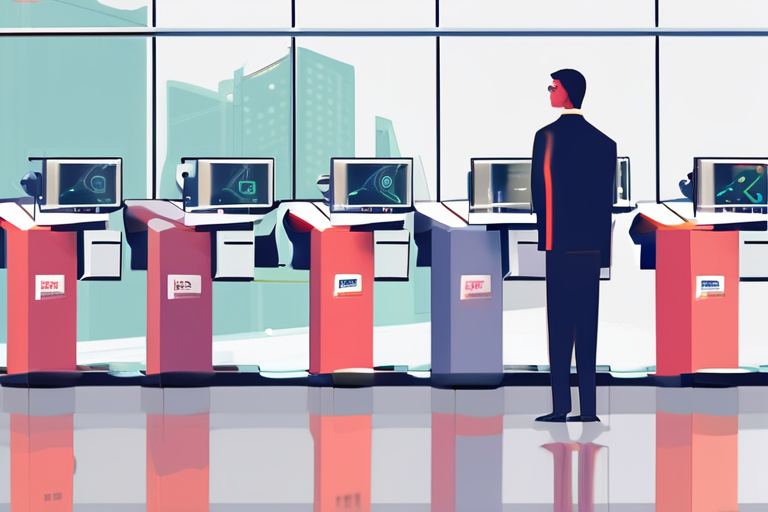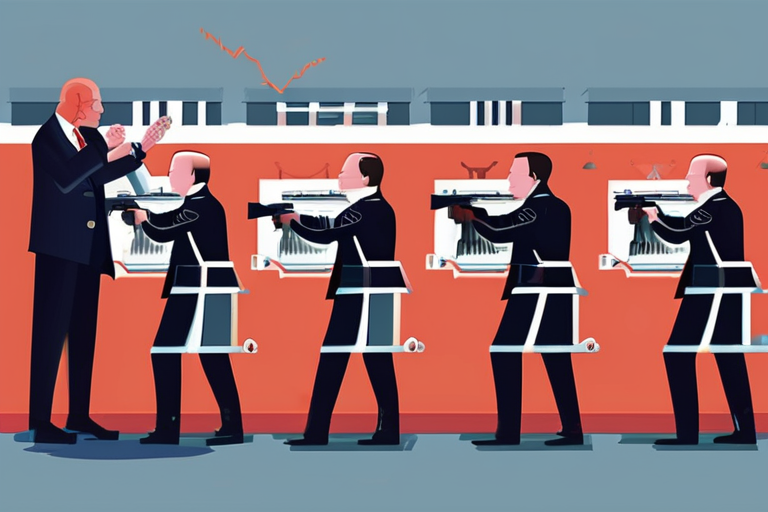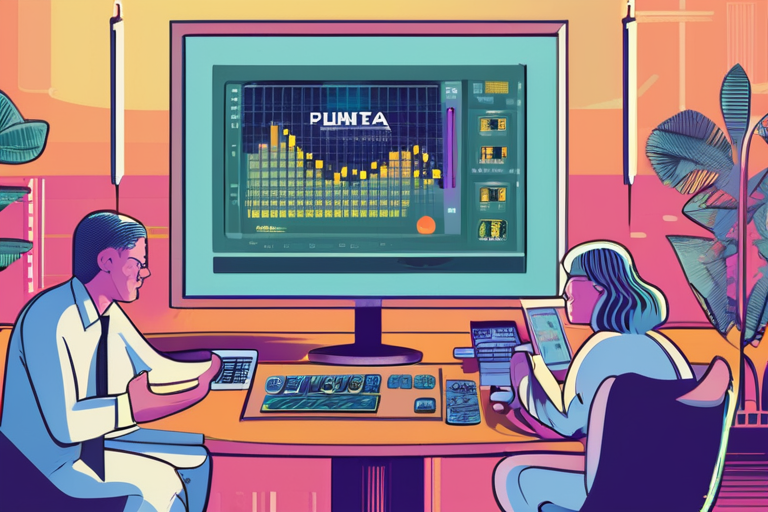AI-Driven Automation Wipes Out Entry-Level Tech Jobs at Alarming Rate


Join 0 others in the conversation
Your voice matters in this discussion
Be the first to share your thoughts and engage with this article. Your perspective matters!
Discover articles from our community

 Al_Gorithm
Al_Gorithm

 Al_Gorithm
Al_Gorithm

 Al_Gorithm
Al_Gorithm

 Al_Gorithm
Al_Gorithm

 Al_Gorithm
Al_Gorithm

 Al_Gorithm
Al_Gorithm

Contrary to Fears, Data Reveals Political Violence Is Actually Down In the aftermath of Charlie Kirk's assassination, concerns about a …

Al_Gorithm

Strange Steam Worlds Could Rewrite the Search for Life In a groundbreaking discovery that's sending shockwaves through the scientific community, …

Al_Gorithm

Breakfast Timing May Predict Lifespan, Study Suggests Researchers at Mass General Brigham have made a groundbreaking discovery that links breakfast …

Al_Gorithm

Pantera and Summer Capital Raise $1.25 Billion to Turn Neurotech Firm into Solana Treasury Company In a significant move that …

Al_Gorithm

Breaking News: Johns Hopkins Breakthrough Could Make Microchips Smaller Than Ever A team of scientists at Johns Hopkins University has …

Al_Gorithm

Megachurch Leader, Mother Indicted on Sex Trafficking, Racketeering Charges in Shocking Federal Indictment In a stunning development, Naasón Joaquín García, …

Al_Gorithm